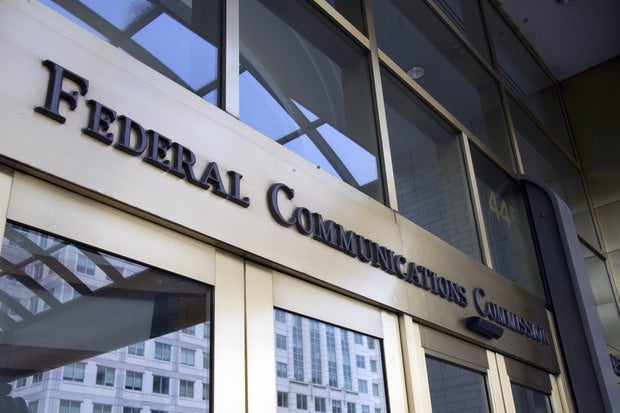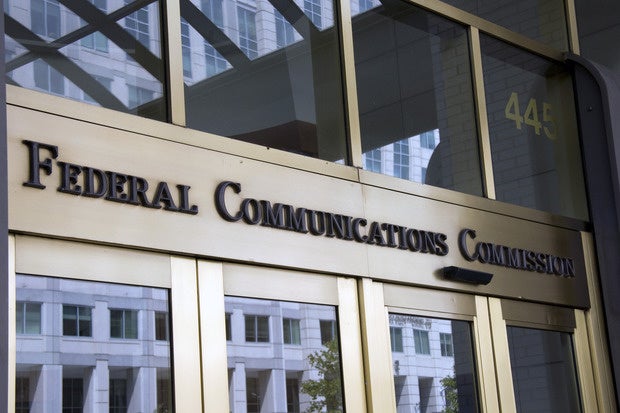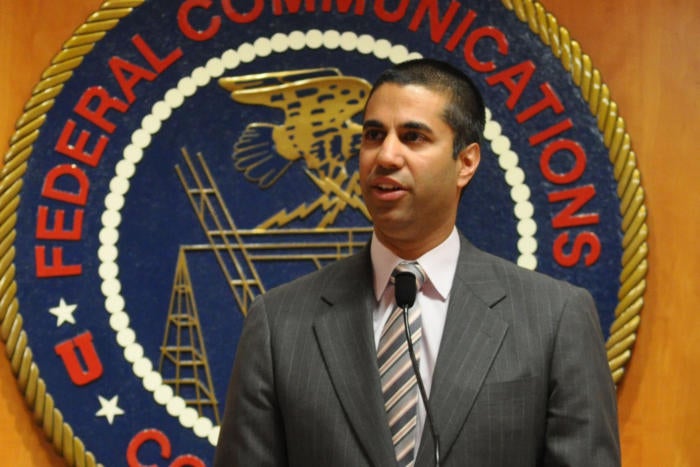Senate votes to kill FCC's broadband privacy rules

Credit to Author: Grant Gross| Date: Thu, 23 Mar 2017 10:13:00 -0700
The U.S. Senate has voted to kill broadband provider privacy regulations prohibiting them from selling customers’ web-browsing histories and other data without their permission.
The Senate’s 50-48 vote Thursday on a resolution of disapproval would roll back Federal Communications Commission rules requiring broadband providers to receive opt-in customer permission to share sensitive personal information, including web-browsing history, geolocation, and financial details with third parties. The FCC approved the regulations just five months ago.
To read this article in full or to leave a comment, please click here






